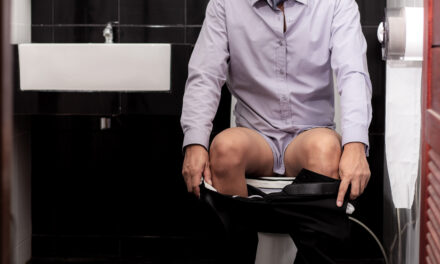The Labour Party has announced plans to introduce licensing fees for household appliances such as dishwashers and microwaves. Building upon the success of the TV licence fee, Labour believes that extending the concept to other common appliances will generate much-needed revenue and promote fairness among households.
The proposal, which has sparked both curiosity and confusion, aims to address what Labour sees as an imbalance in appliance ownership across the country. Party leaders argue that individuals who own and use appliances like dishwashers and microwaves should contribute their fair share to society. They claim that the licensing fees will help fund public services and create a more equitable distribution of resources.
“While the TV licence fee has proven successful in supporting public broadcasting, we believe it’s time to broaden the scope,” explains a Labour spokesperson. “Dishwashers and microwaves have become essential in many households, and it’s only fair that those who benefit from their convenience contribute to the common good.”
The exact details of the proposed appliance licensing system are yet to be fully disclosed. However, speculations suggest that households would be required to obtain individual licences for each appliance, with fees varying based on factors such as appliance type, capacity, and energy efficiency ratings.
Unsurprisingly, the announcement has drawn mixed reactions from the public. Supporters of the plan argue that it is a progressive step towards a fairer society, where everyone contributes according to their means. They believe that it is only fair for appliance owners to pay their share of the costs associated with public services and infrastructure.
However, critics have been quick to voice their concerns. They argue that introducing licensing fees for household appliances is unnecessary government overreach and an additional burden on already financially strained households. Many question the feasibility and practicality of implementing such a system, as well as the potential administrative costs involved.
As the debate continues to unfold, with both sides presenting their arguments, it remains to be seen whether Labour’s proposal for appliance licensing will gain traction or be dismissed as a far-fetched idea. The party is likely to face significant challenges in convincing the public and addressing the practical implications of such a system.
Disclaimer: The above article is a fictional and satirical piece created for entertainment purposes only. The claims and proposals mentioned in the article are exaggerated and not based on real political plans or initiatives. It is important to approach political discussions and policy ideas critically and seek information from reliable sources.
















